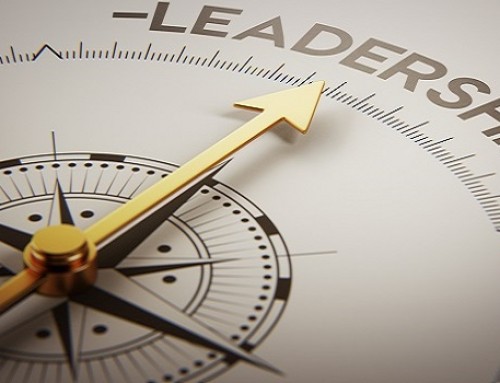Over our last five blog posts, we have been exploring the concept of the Leadership tent, as introduced by Jack Zenger and Joe Folkman in their book “The Extraordinary Leader”. The tent represents the 5 key areas of effective leadership – Character, Personal Capabilities, Focus on Results, Interpersonal Skills and Leading Change.
Today we will look at the final tent pole of ‘Leading Change’. The ability to enact change within an organisation is often considered to be the highest expression of leadership.
Leading change involves the ability to develop strategic perspectives, be a champion of change within the organisation, and connect internal groups with the outside world.
Leading Change
It involves the ability to:
- Lead projects or programs, presenting them so that others support them
- Effectively market his or her work group’s projects, programs, or products
- Have a strategic perspective
- Understand how his or her work relates to the organisation’s business strategy
- Translate the organisation’s vision and objectives into challenging and meaningful goals for others
- Balance short-term and long-term needs of the organisation
- Represent their work group to key groups outside the group, team or department
- Help people in the team understand how meeting customers’ needs is central to the mission and goals of the organisation
Leaders without the ability to lead change within an organisation frequently:
- Get caught up in the “day-to-day” and fail to take a longer-term, broader perspective on business decisions
- Tend to follow the lead of others in change efforts
- Make day-to-day decisions based on internal needs rather than the needs of customers
- Do not have a broad network outside their own work group
A key point here is that for many leadership roles, it is thought that the first four tent poles may be all that are required. It is not until a person gets into leading broad, strategic change that the final tent pole of leading change comes to be required.
Zenger & Folkman discovered through their research that leaders are made, not born.
People can learn and improve their leadership effectiveness through the process of self-development. By developing your skills and enhancing your leadership ability, you will be able to get more of your ‘tent poles’ lifted and become a more effective leader.





